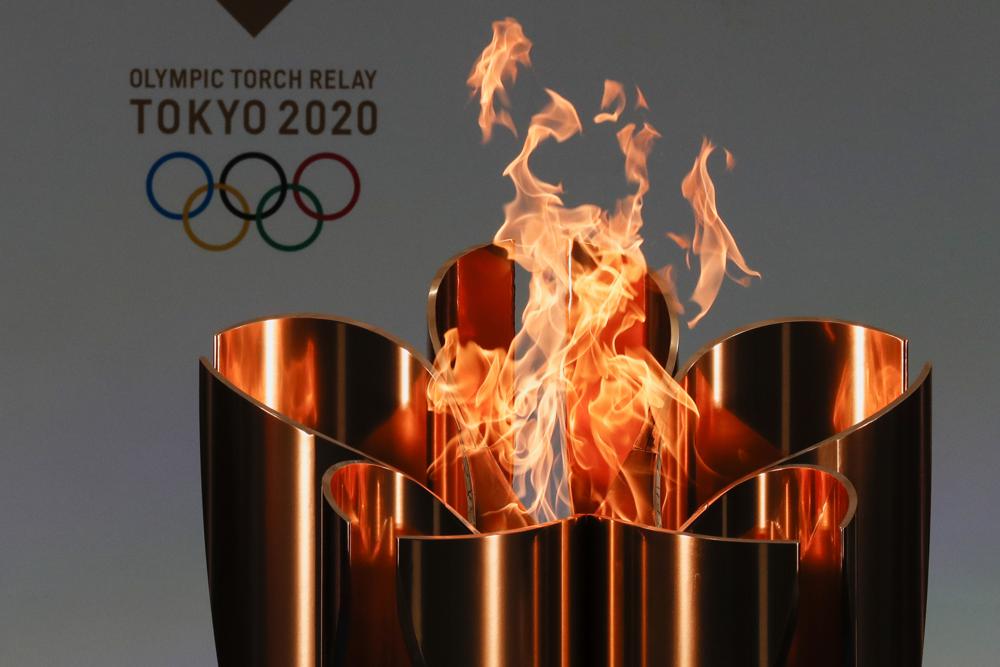

The Tokyo Olympic bid-rigging scandal widened Tuesday with Japanese advertising giant Dentsu and five other companies charged by Tokyo district prosecutors.
Executives or management-level officials at each of the accused companies, and a Tokyo Olympic organizing committee official, were charged with violating anti-monopoly laws.
No trial dates have been set.
The charges center around the companies and individuals illegally colluding in assigning contracts for the Games, and test events that came before the Games, according to prosecutors.
Among the companies facing charges are Dentsu Group, Hakuhodo, Tokyu Agency and Cerespo. All deal with event organizing, sports promotion or marketing.
Yasuo Mori, a senior Olympic official, and Koji Henmi, who headed the sports division at Dentsu, were among the seven people charged. Both Mori and Henmi were arrested earlier this month.
Dentsu was a key force in landing the Olympics for Tokyo in 2013. French prosecutors have looked into allegations that International Olympic Committee members may have been bribed to vote for Tokyo.
Once the Olympics landed in Tokyo, Dentsu became the chief marketing arm of the Games and raised a record of $3.3 billion in local sponsorship. That was at least twice as large as any previous Olympics.
Tokyo organizers say they spent $13 billion to organize the 2020 Olympics, which were delayed a year by the COVID-19 pandemic. However, a government audit suggests the expenditure might have been twice that. At least 60% was public money.
The Tokyo scandal has soured the chances of the northern city of Sapporo of landing the 2030 Olympics. It was the early favorite. The IOC has recently sought out Stockholm, Sweden, as a potential candidate.
Prosecutors have also been investigating a separate bribery scandal centered around Haruyuki Takahashi, a former Dentsu executive.
Takahashi was a member of the Olympic organizing committee and wielded tremendous influence over the Olympic business.
The scandal involving Takahashi involves bribery allegations over Olympic sponsorships that were won by companies such as Aoki Holdings, a clothing company that dressed Japan’s Olympic team, and Sun Arrow, which produced the Tokyo Olympic and Paralympic mascots.
The maximum penalty for a company convicted of bid-rigging is a fine of up to 500 million yen ($3.7 million). An individual, if found guilty, faces up to five years in prison and a fine of up to 5 million yen ($37,000).
Takahashi was released on bail late last year after more than four months in detention.
Trials have begun for officials at Aoki and ADK Holdings, a major advertising company, in the bribery cases.